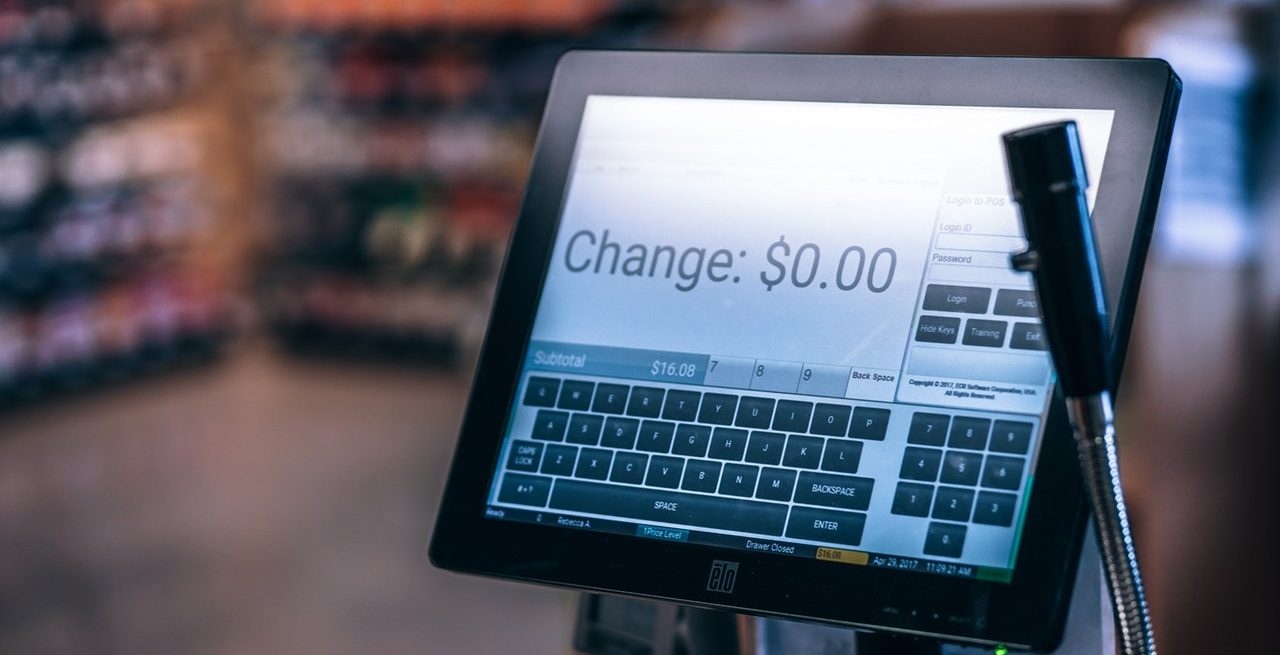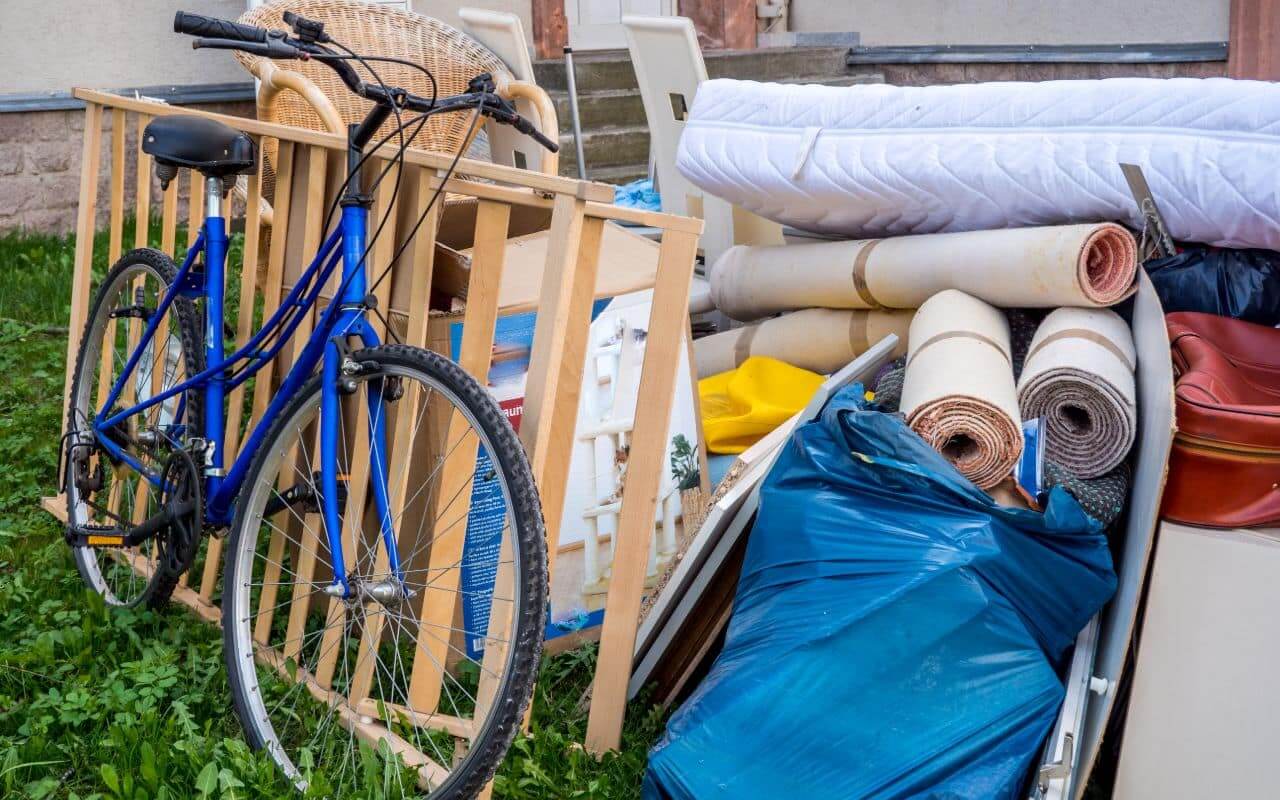
There are several points about disinfecting, such as which chemicals to be used, the number of times it should be performed, which regions disinfectant is necessary, and which are the correct sanitization procedures. However, before we can find the answers to these, we must first understand who needs to understand about disinfection for office?
- Everyone in the cleaning industry, irrespective of the nature of facilities, is the simple answer to this question. Not everyone who is unwell in the globe is in a clinic. You must comprehend sterilization if you are in charge of a hospital’s sanitizing and disinfecting efforts. Without a fundamental grasp of disinfection processes, sickness and potentially serious illnesses are more likely to transmit. Disinfectants are primarily used to eradicate or significantly decrease pathogenic microbes, therefore preventing illness and sickness spread.
- The next question is whether or not you require disinfection. Yes is a straightforward appropriate response. If wellbeing rules require the usage of particular cleaning agents for the cleaning of plasma, biological fluids, or excretions; If you are worried that ecologic objects like tables, seating, communication devices, toilet bowls, pedestal sink, preparing food tiles, guardrails, and door handles are becoming polluted with microbes; In the lack of government supervision, utilize your finest judgment to decide if the floors next to you or at the business premises are becoming polluted with microbial pathogens.

- Having said that, precautions should be taken while purchasing any cleaning materials or disinfectants. Be particularly cautious about the danger of any substances utilized in your area of jurisdiction both orally and topical. As housekeepers, we are responsible for the health of our employees, the clients we assist, and the ecosystem. In our search for appropriate cleaning agents and sanitizers, we should be attentive, knowledgeable, and persistent.
- The next question is why and where disinfecting is required. Most infections may live or stay on objects for weeks, making them a constant risk of transfer if they are not disinfected on a routine basis. You should examine rules issued by authorities, regulatory authorities, or your infection control practices group when determining where and how to disinfect. The “intensive contact” or “contact area” objects should be cleaned regularly, according to rational thinking. Standard Measures should be implemented as a best practice. Global Prevention is founded on the idea that each bit of blood, as well as certain bodily fluids, carries the risk of contamination.
Conclusion
Hope knows you clearly understand the need for disinfection of any contaminated surfaces.







